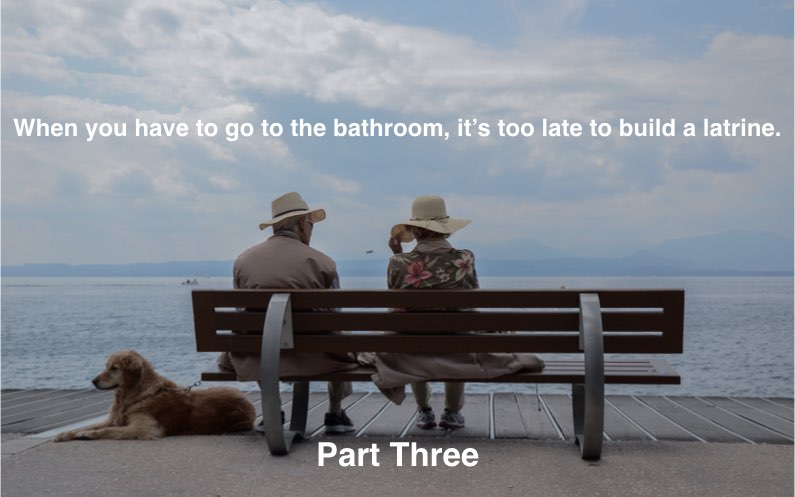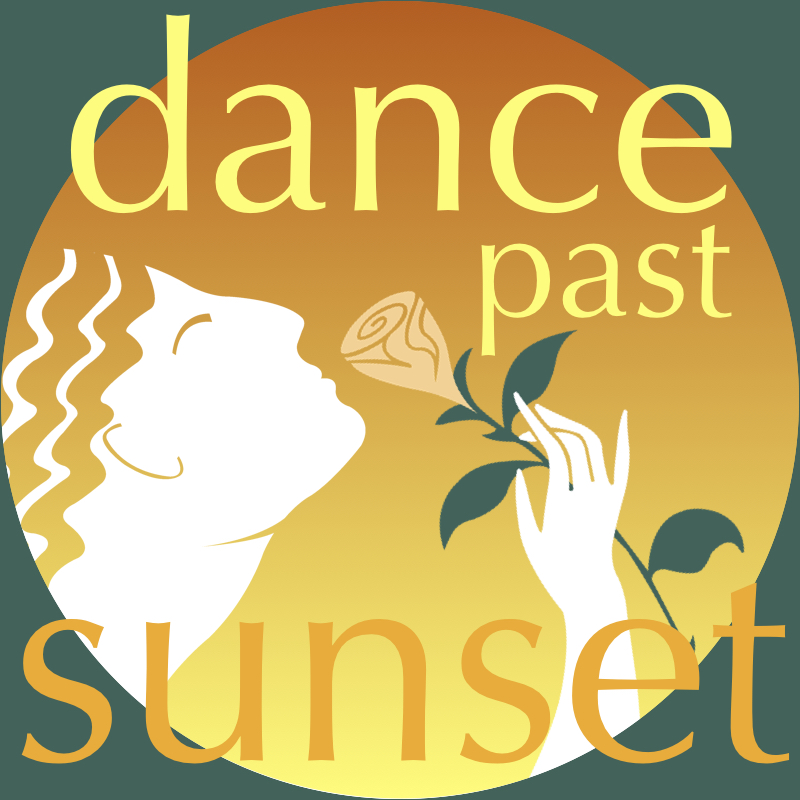Advanced Planning Step Three: The Weakest Ink

Mandatory Advanced Planning
The thinking and talking I advised in Part One and Part Two of this article are important…very important…but eventually one must put pen to paper and provide some direction for the people who may be suddenly thrust into a terribly critical role…that of decision maker and caregiver for you. Remember…the weakest ink is stronger than the strongest memory, and you will need some strong ink to ensure you get what you want.
Oh sure. We all plan to live forever, but that ain’t gonna happen, and as one who cares for a person who is so old she doesn’t even buy green bananas (mom was born in 1925), I can assure you it is useful to have some guidance. Even then, things can get messy and complicated, especially if there are quibbling relatives involved, or as is often the case.
Do you want to be resuscitated? Do you want doctors to use extreme measures to save your life, or do you prefer a natural death? How much do you want your family to know about your situation? Who is designated to make decisions on your behalf in the event you can’t make them yourself? In the event you pass, what do you want done with your body? Do you care?
There are dozens of questions to answer, but not hundreds. You can get this done, and honestly, you must.
If you or your loved ones do not have an Advanced Care Directive, then here are two good resources for getting started:
- The Conversation Project: A FREE public engagement initiative with a goal that is both simple and transformative: to have every person’s wishes for end-of-life care expressed and respected.
- An Advanced Death Care Directive from the Rev. Olivia Bareham: A $10 planning booklet for after-death care, funeral and disposition. Note I interviewed Olivia about home funerals in 2017. You’ll find that interview here.
Worry Less. Celebrate More
The result of your efforts is a set of documents making your “future life preferences” (aka code language for how you will live as an elderly person, and how you will die) very clear. I finally got mine done and have discussed them with my kids and medical proxy — the medical Power-of-Attorney authorized to make decisions on my behalf in the event I am not able to myself. They know where to find them for when my time comes. I truly hope that will make it easier for them to worry less, save money, and eventually, celebrate a life well lived (mine) without a bunch of hassle.
One Last Tip
None of this paperwork will do you (or your family) any good at all IF folks don’t where to find it in a hurry. Keep in mind these documents are needed because you are still alive, but perhaps in trouble, maybe even on the edge of death, and time and clarity are of the essence.
So where should you keep these documents? Well, signed originals on paper should be in your filing cabinet, but it’s likely first responders and family will need something fast. After trying out some fancy online lockboxes, I went cheap and built a simple website compiling the essentials into an “access from anywhere/anytime” repository.
My website link, which is private, is inscribed on a medical ID pendant I purchased from Lauren’s Hope and that I wear around my neck. That pendant also includes the telephone number of my medical proxy. Now first responders can very quickly access everything they need to know in the event of an emergency.
Everything is backed up by real paper, and both my medical proxy (one daughter, a Registered Nurse) and the person I asked to handle the situation in the event I croak (a second daughter) know exactly where to find everything, as does my wife, whom I expect to be so distraught with grief that folks will need to hold her back from throwing herself on a ritual funeral pyre so that our spirits might be unified in the afterlife.
Okay, that’s prolly not gonna happen, but a guy can dream, can’t he?
Good luck. Get started.
###
Helpful Resources
"Caring for America's Most Vulnerable," an interview with John Maycroft, an expert on Advanced Planning. In this very short interview with John, recorded live at the 2017 Coalition for Advanced Care annual conference, you'll benefit from his perspective on the importance of Advanced Planning. John is the one who turned me on to The Conversation Project, a good (and free) resource for getting started.
"Let Go of Fear and Cut a New and Better Life Groove" with Jon Underwood, founder of the Death Cafe. Jon, who recently passed away, was a beautiful man with a beautiful idea: Have coffee and cake and just talk with a few friends. So simple, and yet, so powerful.
"How to Get Started with End of Life Planning," an interview with Rachel Zeldin, Founder of Funerals 360. Rachel provides insight into the workings of the funeral industry and helps you avoid some of the traps they set for grieving families.
"Let's Have Dinner and Talk About Death" with Michael Hebb, TedX speaker. Pop the cork on a bottle of wine with a few trusted friends, and have an honest, intimate conversation. Talk through your preferences...listen to how others think. Weigh the options. It's so important to know what your options are so you can make informed choices.
